AstraZeneca, Ryanair, Tesco: Business news in brief Thursday 1 September 2016
Drug company in bribery probe; Airline 'very cautious' says O'Leary; FRC drops Tesco investigation
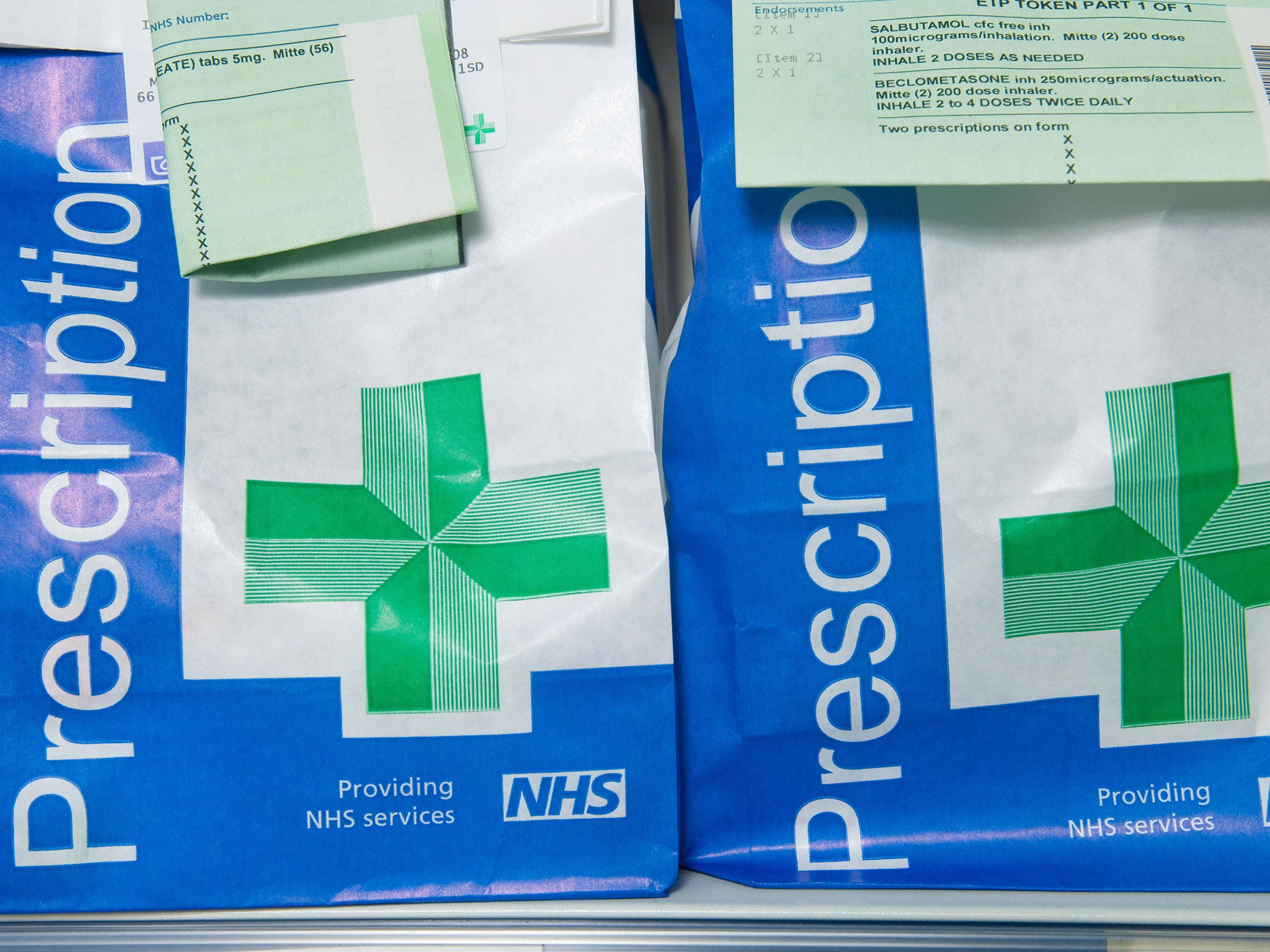
AstraZeneca hit with £4.2m fine in US bribery settlement
US regulators said that AstraZeneca will pay $5.5m (£4.2m) to resolve a foreign bribery probe into improper payments by its sales and marketing staff to state-employed healthcare officials in China and Russia.
The US Securities and Exchange Commission detailed the settlement with the London-based drug company in an order instituting an administrative proceeding arising out of violations of provisions in the Foreign Corrupt Practices Act.
AstraZeneca, which cooperated with the probe, neither admitted nor denied wrongdoing. In a statement, it said the US Justice Department has meanwhile closed a related foreign bribery investigation.
“We are pleased to have resolution of these matters,” the company said.
Neither the SEC nor Justice Department responded to requests for comment.
The SEC said that AstraZeneca through at least 2010 failed to devise and maintain a system of internal accounting controls relating to its subsidiaries' interactions with Chinese and Russian government officials.
Sales and marketing staff in those countries as far back as 2005 provided gifts, conference support, travel, cash and other benefits to the state-employed healthcare providers to buy or prescribe the company's products, the SEC said.
The company's Chinese subsidiary also paid healthcare providers speaker fees, sometimes for “totally fabricated” engagements, and in 2008, paid local officials to get reductions or dismissals of proposed financial sanctions it faced, the SEC said.
AstraZeneca also falsely recorded the improper payments in China and Russia as bona fide business expenses, the SEC said.
The regulator said AstraZeneca cooperated with the probe, which factored into the size of the penalty that was assessed against it.
The SEC also said the company has been addressing deficiencies in its compliance program and taking various steps with employees involved in the case, resulting in some being reassigned or fired.
Reuters
888 boss: Leak to blame for William Hill bid collapse
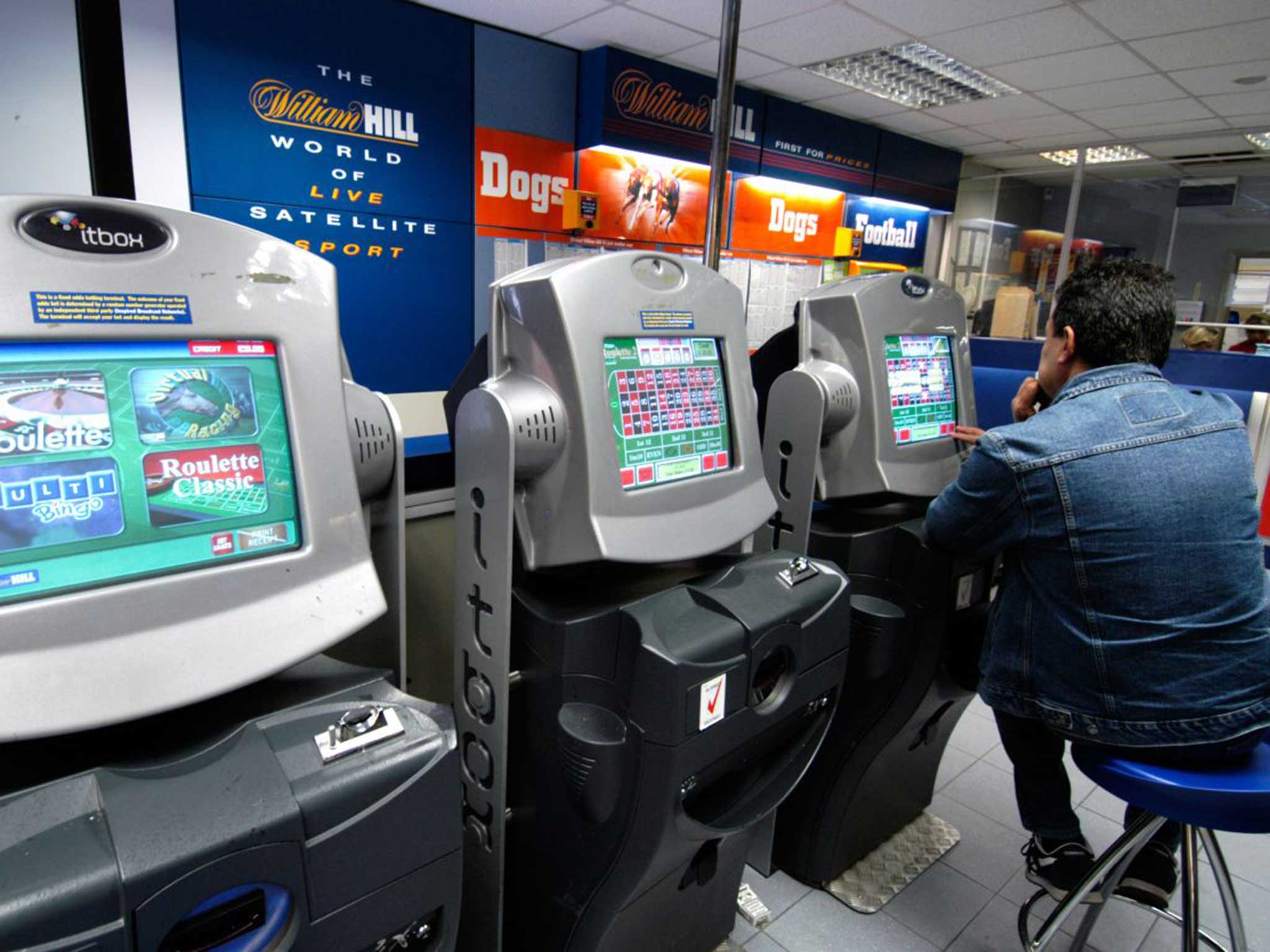
A press leak was one of the main reasons that 888 and Rank Group failed in their £3.1bn pursuit of UK bookmaker William Hill, according to 888 chief executive, Itai Frieberger.
The suitors announced their interest in buying William Hill on 24 July, only hours after their plans were reported by the Sunday Times. The disclosure started the regulatory clock ticking, giving them less than a month to make a formal offer or walk away.
After an increased proposal failed to gain the ear of William Hill’s board, they gave up on their plans and are now barred from making a hostile bid for at least six months unless someone else does.
“The leak didn’t allow us to have a conversation behind closed doors,” Frieberger said after 888 reported higher first-half earnings and revenue. “That’s one of the root causes of why we couldn’t progress it. Before we could make a call to William Hill, it was all over the press. That is very unfortunate.”
“We don’t see M&A as a critical path in the way 888 moves forward,” he said. “The only reason we will do a deal is to create additional shareholder value.”
888 shares rose as much as 6.9 per cent in London after the company said a strong first-half performance continued into the third quarter. Average daily revenue per customer rose 22 per cent on a like-for-like basis since the start of the third quarter to Aug. 27.
Bloomberg
JPMorgan, ING buy Europe stocks in contrarian Brexit trade

JPMorgan Asset Management and ING see an opportunity in the exodus from European shares brought on by Britain’s secession vote.
ING’s Simon Wiersma started buying stocks of the region’s companies in July, and Stephen Macklow-Smith of JPMorgan said he may invest more after making some purchases following the UK referendum. The verdict on their bullishness has yet to be rendered: despite a rebound, the Stoxx Europe 600 Index remains below its pre-Brexit level.
Macklow-Smith and Wiersma are adding to European stocks at a time when most investors remain preoccupied by the region’s political turmoil, slow growth and declining earnings. To them, better-than-expected economic data mean the euro area’s recovery will stay on track amid accommodative monetary policy, leading to more equity gains.
“Right now, Brexit’s effects aren’t being felt — if you look at economic surprises, clearly the economy is in better shape than economists had predicted and assets had priced,” said Macklow-Smith, who helps manage $2.2bn of European equities for JPMorgan Asset in London. He declined to specify which shares he bought recently. “What we’ve done is bring down levels of cash and added to high-conviction companies across the board.”
Macklow-Smith’s JPM Europe Equity Fund, which holds Nestle and Sanofi, keeps less than 1 per cent of its holdings in cash. That compares with 5.4 per cent held by investors globally this month, according to a 16 August Bank of America report. He’s eyeing stocks of companies that benefit from an economic expansion and those with exposure to emerging markets.
Bloomberg
UK investors continue to dump British shares post-Brexit
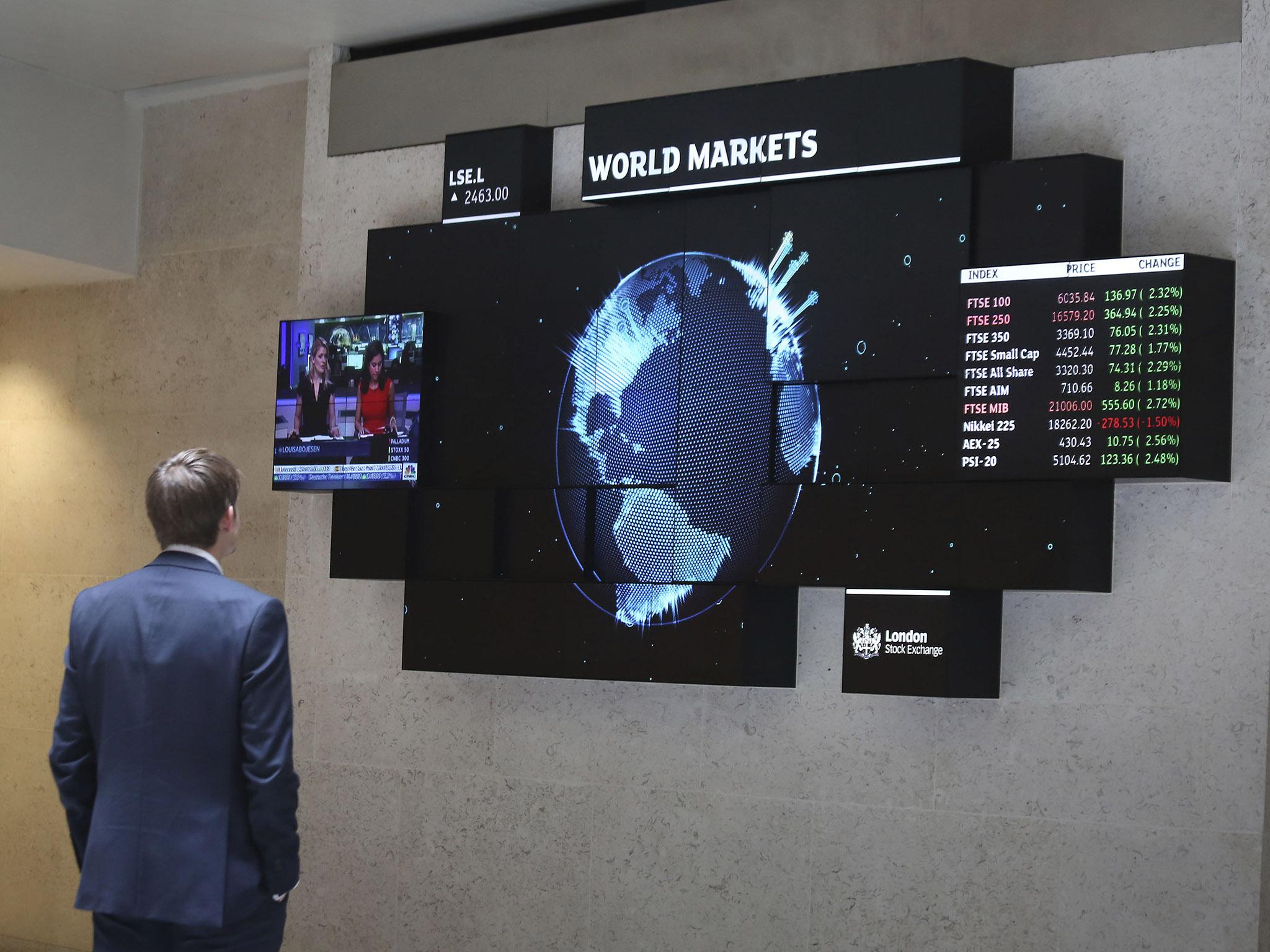
British investors continued to dump UK stocks and bonds in the wake of June's Brexit vote, slashing equity holdings to their lowest in a year and exposure to gilts to five-year lows, a Reuters asset allocation poll showed on Wednesday.
UK fund managers cut their holdings of domestic-listed stocks across their equity portfolios by almost four percentage points in August to 22.9 per cent. That is the lowest level since August 2015, and down from 28.9 per cent in June's poll, which did not fully reflect the impact of Britain's shock referendum vote to leave the European Union.
The 23 June Brexit result sent sterling crashing to 31-year lows and wiped some $2 trillion off global stock markets.
While the FTSE 100 has rebounded sharply since then, the more domestically oriented FTSE 250 has failed to make much headway, and the monthly Reuters survey of 11 fund managers and chief investment officers showed poll participants continued to take risk off the table.
Across their fixed income portfolios, investors cut allocations to UK bonds to 23 per cent, the lowest level since August 2011. Gilt yields have fallen sharply since the referendum.
“While technical factors or weak economic growth could result in even lower yields in the near term, we see very little value as a long-term investor,” said Trevor Greetham, head of multi-asset, Royal London Asset Management.
In August, British government bonds were clobbered by a cut in interest rates and the unveiling of a fresh bond buying scheme as the Bank of England tried to insulate the economy from a Brexit shock.
“Bond yields have seemingly hit the floor only to keep on plummeting,” said Rob Pemberton, investment director at HFM Columbus.
Reuters
UK accounting watchdog closes probe into former Tesco CFO
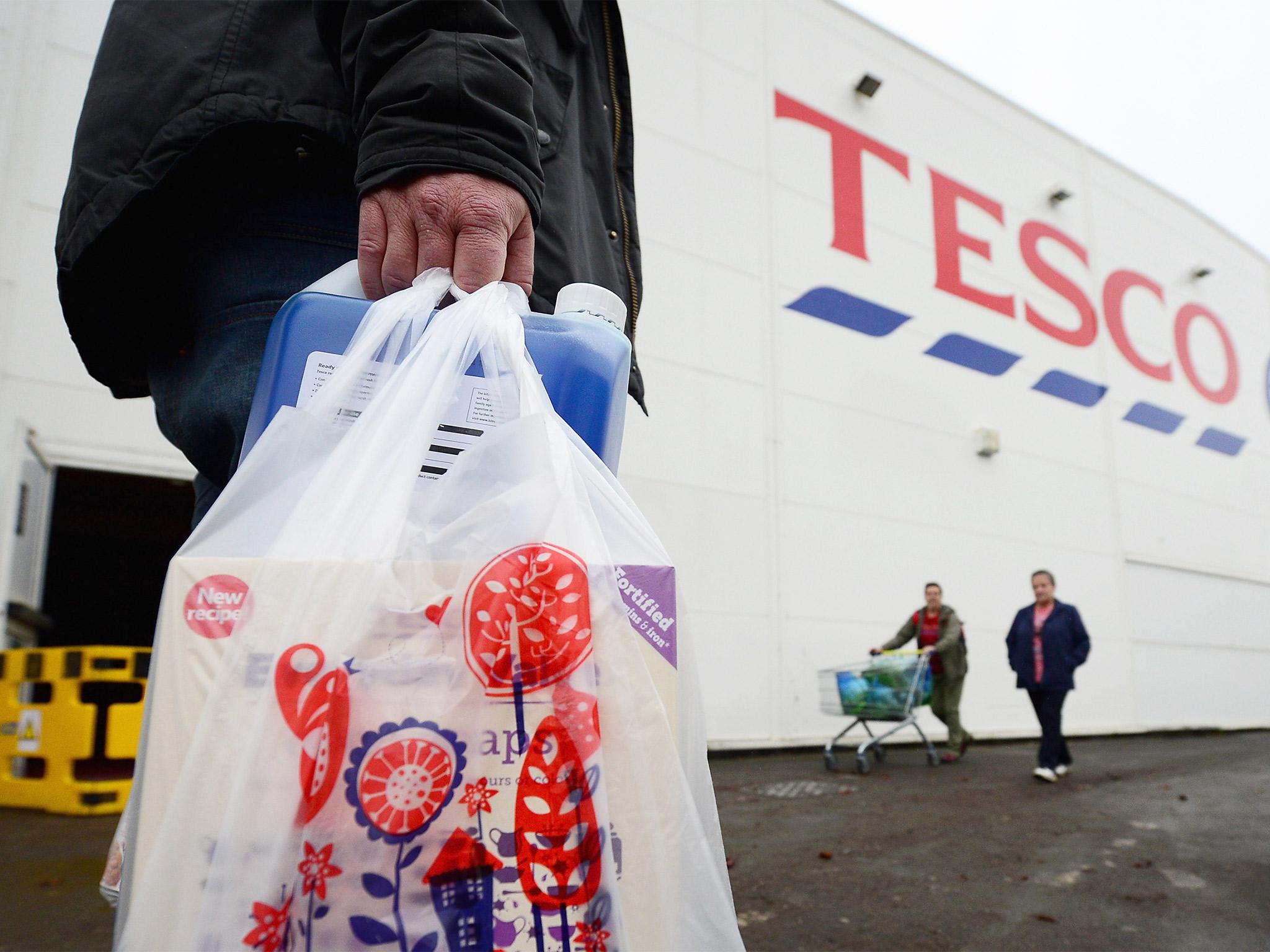
Britain's accounting watchdog said it has closed an investigation into Laurie McIlwee, former chief financial officer of supermarket giant Tesco.
The Financial Reporting Council (FRC) opened the probe in 2014 after accounting errors in supplier contracts forced the grocer to suspend its UK boss and three other senior executives, and admit it had overstated expected first half profit by £250m in a previous trading update.
McIlwee stepped down that year.
“The executive counsel to the FRC has concluded that there is no realistic prospect that a Tribunal would make an adverse finding in relation to the conduct of Mr Laurie McIlwee,” the watchdog said in a statement on Wednesday.
Reuters
Amazon launches one click Dash ordering device in UK
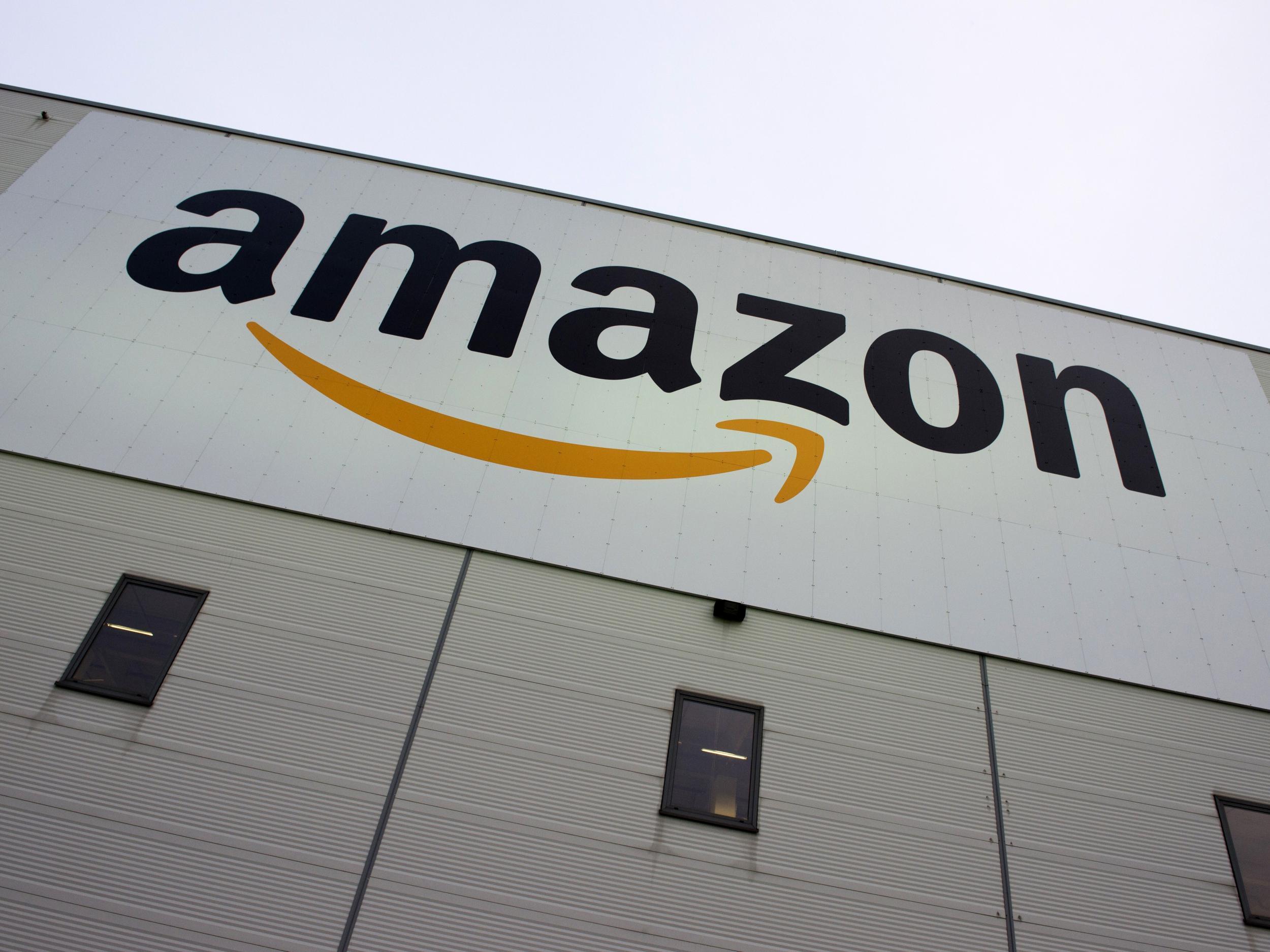
Seeking to capitalise on Britons too busy or forgetful to shop for household essentials, retail giant Amazon is bringing its thumb-sized, one-button ordering device to the UK.
From Wednesday, British Amazon Prime customers will be able to order supplies of products such as toilet paper, dishwasher tablets, dog food and coffee at the touch of the wifi-connected Amazon Dash button.
Each device is dedicated to a single product — toilet roll, for instance — with the brand's logo emblazoned on the buttons, which cost 4.99 pounds ($6.53) apiece. So if you wanted the service for two different products, you would need a separate device for each, though customers receive the cost of the device back in the form of a discount on their first order.
In Britain, Amazon Dash will launch with 48 brands in the scheme.
Ryanair ‘very cautious’ on profit forecast as fares tumble
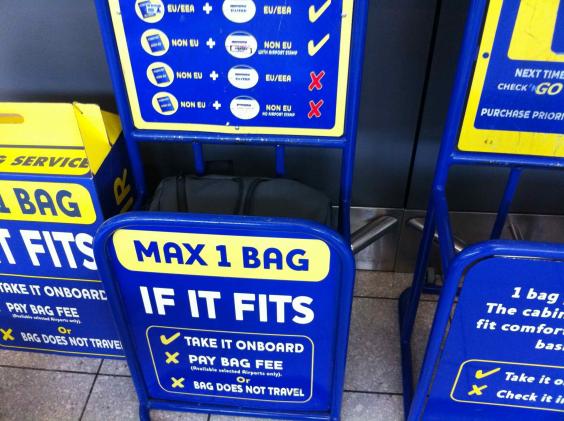
Ryanair warned it may reduce its full-year profit guidance if a drop in ticket prices accelerates.
“We’re not yet revising the guidance,” Michael O’Leary, Ryanair chief executive, said to reporters on Wednesday. “But we’re very cautious on the full-year guidance. If winter fares fall by more than 10 or 12 per cent, we will have to review.”
The carrier said last week it’s seeing fares in its core summer period fall by 9 per cent, sharper than the 6 per cent to 8 per cent dip expected at the start of the budget airline’s fiscal year.
After the comments, Ryanair shares fell as much as 2.5 per cent and were down 1.6 per cent on Wednesday in London.
Bloomberg
Canadian coffee cult favourite heads to UK

Tim Hortons, a cult favorite in Canada known for its coffee and doughnuts, will begin opening restaurants in the UK next year as part of a global expansion.
Gurprit Dhaliwal will be the chief executive officer of the master-franchise joint venture, responsible for developing Tim Hortons in Britain, according to Restaurant Brands International Inc., the Oakville, Ontario-based company that owns the chain.
“It’s a big market with lots of potential for us,” Daniel Schwartz, Restaurant Brands chief executive, said in an interview. “It has a strong and growing coffee culture, so it was a natural fit for the Tims brand.”
The coffee chain also has stores in the Middle East and will be opening locations in the Philippines.
Schwartz declined to say how many Tim Hortons are planned for the UK
“Our larger competitors have several hundred restaurants in the market,” he said. “Our plans are quite ambitious.”
Qatar Airways defies airline slump with major plane order

Qatar Airways said it’s poised to make a major jetliner purchase, adding to a backlog of more than 340 outstanding orders for Boeing and Airbus planes.
The Gulf carrier will place a “large” aircraft order “soon,” Akbar Al Baker, chief executive, said Wednesday at a briefing in Doha, without elaborating on the number or class of jets required.
“Qatar Airways has a continuous plan of fleet expansion and fleet replacement in order to keep the average age of our fleet very young,” Al Baker said.
Al Baker’s latest order plan bucks a recent trend in the industry, with airlines in many parts of the world reining in expansion planes as demand lags behind projections and leads to over-capacity and a decline in fares.
Bloomberg
Join our commenting forum
Join thought-provoking conversations, follow other Independent readers and see their replies
Comments